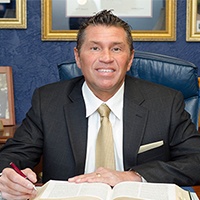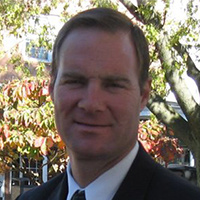Martin Juvenile Law Lawyer, Pennsylvania
Sponsored Law Firm
-
 x
x

Click For More Info:
-
Sean Logue & Associates
429 4th Ave. Suite 1601 Pittsburgh, PA 15219 » view mapDUI, Sex Crimes, Drug Crimes, Expungements Phones Answered 24 Hours A Day
Our lawyers bring a thorough understanding of criminal issues to help minimize the damage that a DUI charge can bring to our clients.
412-389-0805  Sean Logue Pittsburgh, PA
Sean Logue Pittsburgh, PAAttorney At Law - Pennsylvania, 2008
West Virginia, J.D. - 2007
 Google+
Google+Visit us and follow on Google+ to interact on social media.
 Contact UsEmail or Call 24/7
Contact UsEmail or Call 24/7Free initial consultation. Contact us today.
Not enough matches for Martin Juvenile Law lawyer.
Below are all Martin Criminal lawyers.
Molly Maguire Gaussa
✓ VERIFIEDAs a native of Pittsburgh I established Gaussa Law Office, PC to offer affordable and diligent representation to people in need of legal assistance. T... (more)
Anthony Lewis Rosner
✓ VERIFIEDOn April 12, 2000, Attorney Rosner, upon his admission to the Bar of the State of Pennsylvania, opened his private practice as a sole practitioner and... (more)
Corey J. Riddell
✓ VERIFIEDIn 1988, Corey J Riddell received his B.A. in Political Science from Slippery Rock University and J.D. from Ohio Northern University Pettit College of... (more)


 Sean Logue Pittsburgh, PA
Sean Logue Pittsburgh, PA Contact UsEmail or Call 24/7
Contact UsEmail or Call 24/7



